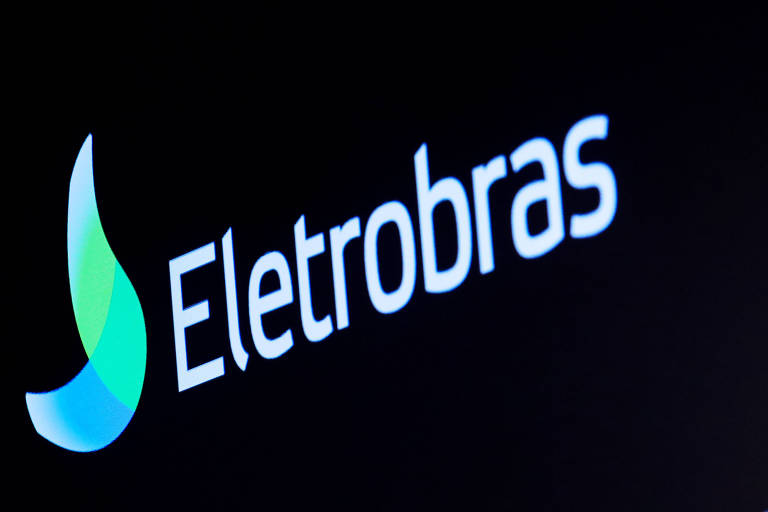
Eletrobras’s shareholders approved Tuesday, in an online extraordinary general meeting, the terms of the privatization of Brazil’s main power utility, sources say. With the approval, the company overcomes one more step in the obstacle course to make possible its capitalization process within the expected term, in the second quarter.
Valor found out that there were questions from minority shareholders, in the figure of the former board member of the state-owned company, João Antônio Lian, and from the Association of Employees of Eletrobras (AEEL), through a legal representative.
The digital voting was interrupted a few times, so that the company’s management could prepare explanations for each questioning. In the end, the items were all voted on with a wide margin of acceptance by the minority shareholders. The federal government abstained.
After more than five hours of voting, the shareholders greenlighted the privatization of Eletrobras. The item, the last one on the meeting’s long agenda, was approved by holders of 202 million of the company’s common shares, while shareholders representing 9,749 shares were opposed. The abstentions in this discussion totaled 884 million votes.
The capitalization of Eletrobras will take place via capital increase. The company will issue new shares through a primary offering and the federal government will waive its subscription rights. The objective is that the government’s stake (direct and indirect) in the state-owned company be diluted from the current 72.33% of the voting capital to 45% or less. If the primary offering is not enough to reach the desired limit, a secondary offering of the common shares held by the government will be made.
The last major pending issue to be overcome before launching the offering of Eletrobras shares will be the final approval from public spending watchdog TCU, whose members greenlighted, last week, the technical studies for the company’s privatization, but will still be working on the last details of the operation, such as the price of the shares. The expectation in the government is that this process will be concluded by the beginning of April.
From then on, it will be up to the board of the state-run company to define the best moment for the operation. One item on the agenda approved at Tuesday’s meeting was precisely the authorization for the board to establish details of the capitalization as the schedule, structure and prices of the issuance of new shares for the company’s capital increase.
Before the meeting, the Furnas Employees Association (Asef) tried to obtain an injunction in court to suspend the meeting. The request was presented at 7:40 am and before the start of the meeting, around 2 pm, the Court decision that denied the request circulated behind the scenes.
At least four other fronts, headed by, among other actors, Workers’ Party (PT) deputies and the Association of Eletrobras Employees (Aeel), tried to suspend the meeting, through challenges in Court and the Securities and Exchange Commission of Brazil (CVM), but none went ahead.
In all, the shareholders decided, on 12 items contained in the agenda. All of them had to be approved, without exception, for the others to be effective.
The meeting began with the approval of the transfer of control of Eletronuclear and Eletrobras’s stake in Itaipu to Empresa Brasileira de Participações em Energia Nuclear e Binacional (ENBPar).
This new state-owned company was created to keep the federal government’s control over these two assets, which will no longer be controlled by Eletrobras after it is privatized. Under the Constitution, the federal government has monopoly on the operation of nuclear plants in the country. The Itaipu Treaty, signed between Brazil and Paraguay for the construction of the binational plant, also provides for state participation in the hydroelectric plant.
Source: Valor International
